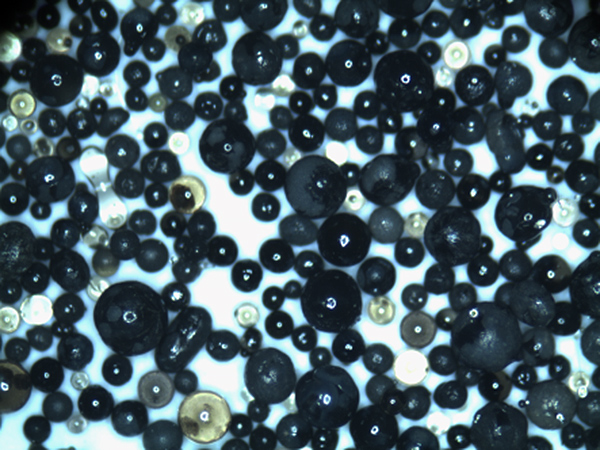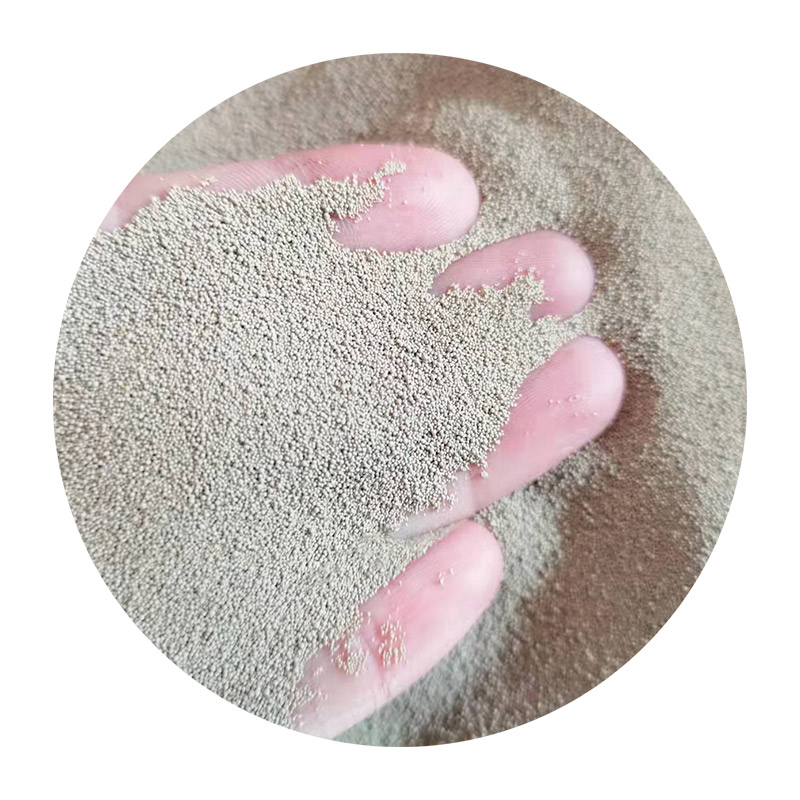

Environmental considerations are also a significant aspect of sand casting's appeal. The primary material, silica sand, is often reused multiple times in the mold-making process. This not only reduces material waste but also decreases the environmental footprint of manufacturing operations. Additionally, because sand casting does not require large amounts of energy compared to other metal-forming processes like die casting or forging, it offers a more sustainable approach to manufacturing. From a trustworthiness standpoint, sand casting has a well-established track record. It is a technique that has been honed and perfected over centuries, offering reliability and consistency. Manufacturers that specialize in sand casting are typically certified in quality management systems, ensuring adherence to rigorous industry standards. This provides peace of mind to clients who rely on the durability and efficacy of cast products. Furthermore, the authoritativeness of sand casting in the industrial sector is underscored by its widespread use in producing critical components for essential industries. The intricate process incorporates both traditional methods and state-of-the-art technology, ensuring each cast part is a testament to engineering excellence. Industry experts continuously innovate within this field, crafting solutions that push the boundaries of what is possible with metal casting. In conclusion, sand casting is more than just a production technique—it's a process elevated by expertise, optimized by technology, and trusted across industries for its ability to produce high-quality, customized metal components. Its longevity and adaptability make it an indispensable tool in the toolkit of modern manufacturers, promising a sustainable, precise, and reliable means of production. Post time:1 月 . 20, 2025 00:05
Next:application of sand casting process
